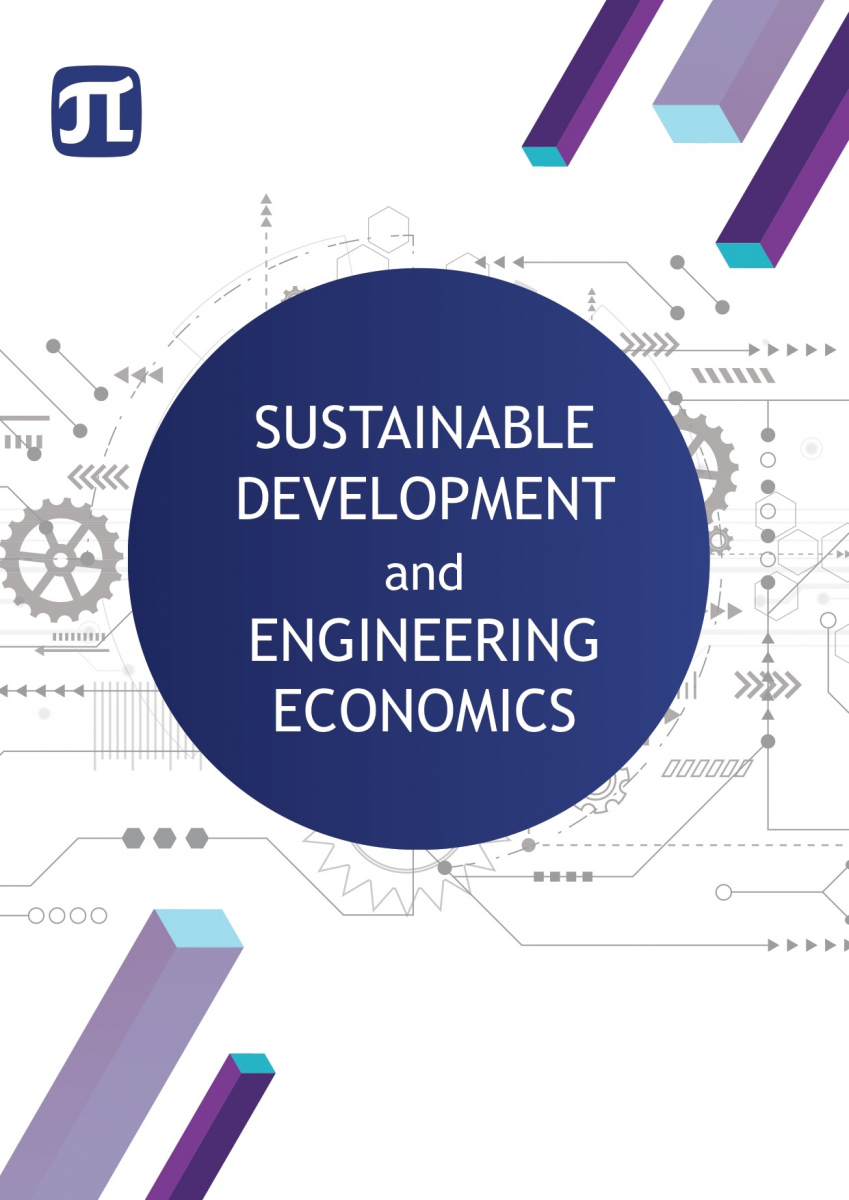BALANCE SCOREBOARD FOR SUSTAINABLE DEVELOPMENT IN THE RUSSIAN ARCTIC ZONE
This article carries out a comparative analysis of the modified structures of the classical system of balanced scorecards of domestic and foreign authors. The necessity of using the tool of balanced scorecards to manage the development strategy of socio-economic systems (SES) has been substantiated. This tool was the methodological basis of the research in the development of a system of indicators for assessing the sustainable development of socio-economic systems of the Arctic zone of the Russian Federation (shipbuilding cluster, Arkhangelsk region). Strategic maps have been developed for the Arkhangelsk region and the Cluster of Shipbuilding and Production of Marine Equipment of the Arkhangelsk region association, reflecting the main strategic objectives for the four perspectives (components). At the first stage of the process of forming a strategic map of the shipbuilding cluster, four adapted components were proposed: the financial component, the environmental component, the domestic and external market, and development and modernisation. Four additional adapted components for the Arkhangelsk region were proposed: the region’s well-being, the ecological component, the economic component, learning and development. For each strategic goal, indicators were developed to assess the progress of achievement, based on which a balanced scorecard system was developed for the cluster and the region. This system reflects an interconnected set of indices of sustainable development for each level. These indices can be used to evaluate and monitor the results of the implementation of relevant strategies and to study the relationship between the sustainable development of the Arkhangelsk region and the activities of the Cluster of Shipbuilding and Production of Marine Equipment of the Arkhangelsk region association.


